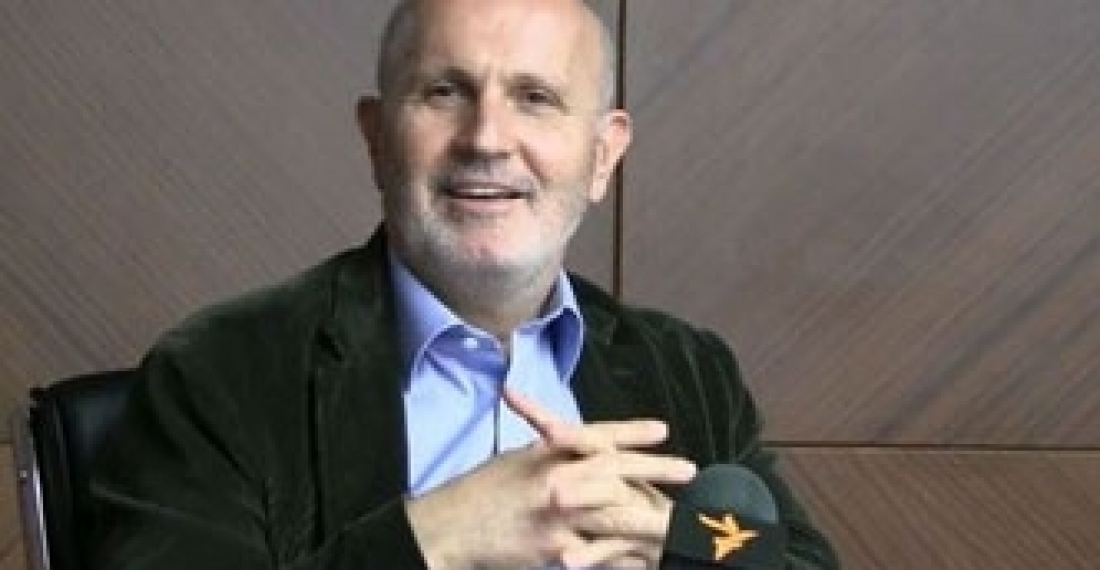Проблемы между Турцией и Арменией обусловлены наличием проблем между Арменией и Азербайджаном. Подобное мнение в ходе встречи с армянскими журналистами выразил директор центра GPOT (Global Political Trends Center) Стамбульского университета культуры Менсур Акгюн (Mensur Akgun).
"Учитывая политику Турции по налаживанию отношений с соседними странами, наличие нормальных армяно-турецких отношений имеет для нас стратегическое значение. Меж тем границы между нашими странами закрыты начиная с 1993 года и эта ненормальная ситуация обусловлена проблемами имеющимися между Арменией и Азербайджаном", - подчеркнул эксперт.
Акгюн также особо подчеркнул, что даже если проблемы в армяно-азербайджанских отношениях не будут разрешены в ближайшее время, армянам и туркам придется обойтись без этого, наладив диалог для выработки общего мнения по выходу из сложившейся ситуации, у которой оба народа оказались в заложниках.
Стамбульский университет культуры действует с 1997 года. В 2008 году на его базе был создан GPOT. Центр занимается изучением ряда внешнеполитических проблем имеющих для Турции важное значение. В их числе армяно-турецкие отношения, отношения Турции с Израилем, Кипрская проблема, ситуация в Арабских странах.
Поездки и встречи армянских журналистов в Турцию и турецких в Армению организованы в рамках совместного проекта Ереванского пресс-клуба, центра GPOT и фонда "Евразия".







